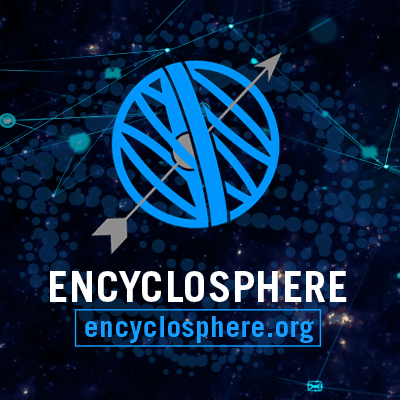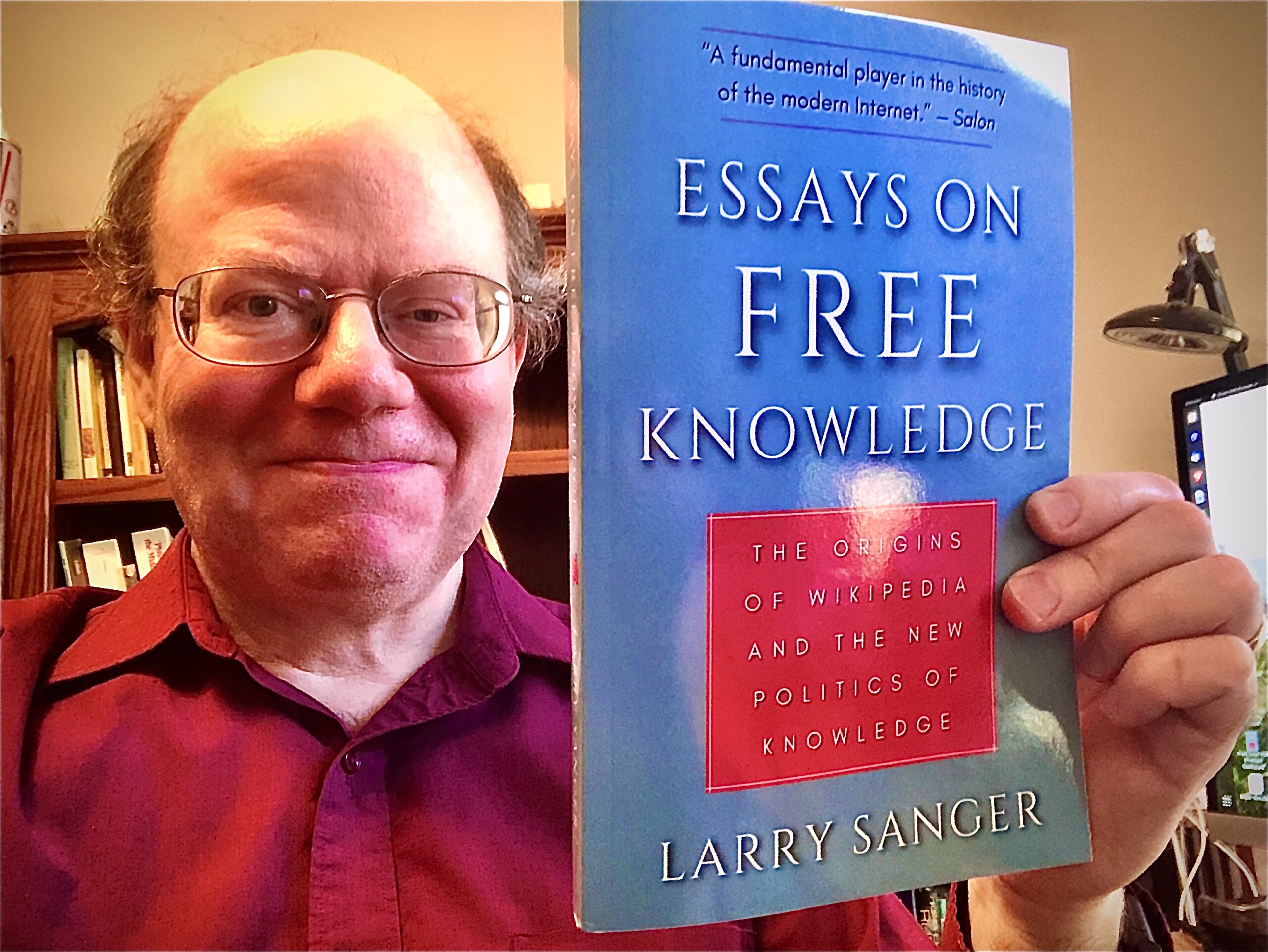Category: Internet
-
The Daily Offload #5
LinkedIn illustrates how corporations waste influence control your time. The bottom-feeders at LinkedIn have notification settings with 13 top-level categories and many, many sub- and sub-sub-categories, including “on” switches hidden behind tabs. The […]

-
Wikipedia’s Empire—and How to Build a Rebel Alliance of Knowledge
Summary: This post is all about the essential problem with Wikipedia, and how we can fight back effectively. Wikipedia has become a key tool in shaping public opinion. It fits right in with […]

-
The Encyclosphere Is Greater than Wikipedia
1. Online information is carefully managed Wikipedia is just one encyclopedia, a ridiculously biased one. The collection of all the encyclopedias—that is what I mean by “the encyclosphere”—is more wide-ranging, fairer, and much […]

-
Is There an Exit from Search Hell?
I would not use Google; it’s both censorware and spyware. And I would not trust Bing, or Yahoo, which is powered by Bing, for the same reason. Such reasoning is why many of us switched to DuckDuckGo in the last few years, despite the fact that Bing is one of their sources. In addition to…

-
The Era of Centralized Social Media Is Over
For too long, we have made what has amounted to a Faustian bargain. If you post your comments, your pictures, your videos, your essays, your reviews—your content—on Big Tech’s enormous centralized platforms, then […]

-
How to Solve Email
Universal problem, circa 2000: you move around from school to school, job to job, Internet provider to Internet provider. They all give you email addresses, which of course constantly change. What a headache. […]

-
The Future of the Free Internet
I AM—I flatter myself—a truth-seeker. That is part of the reason I have spent so much of my life studying the standards of truth. So, when given the opportunity to start a free […]



